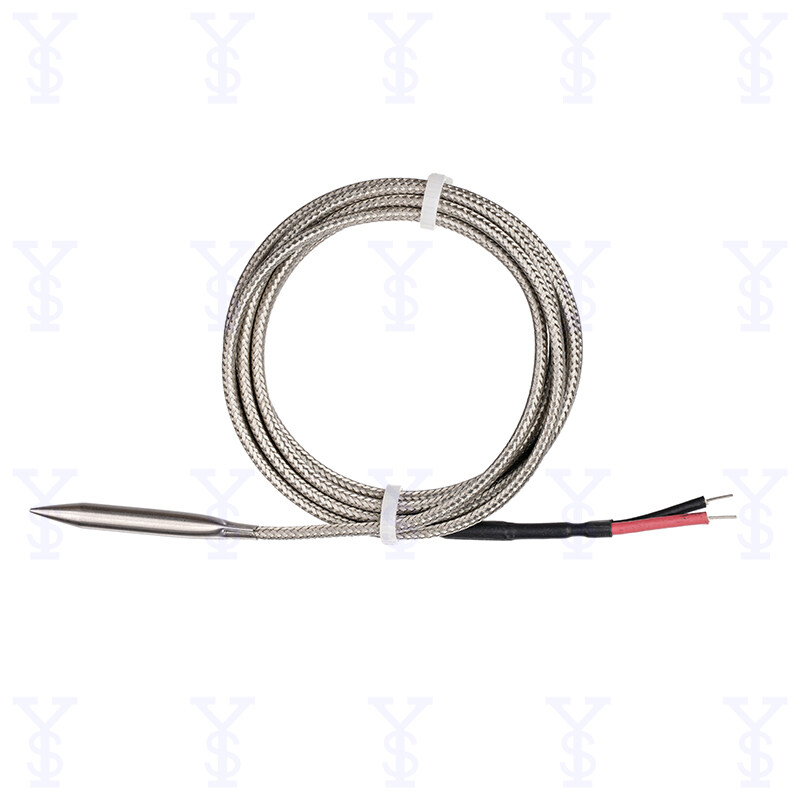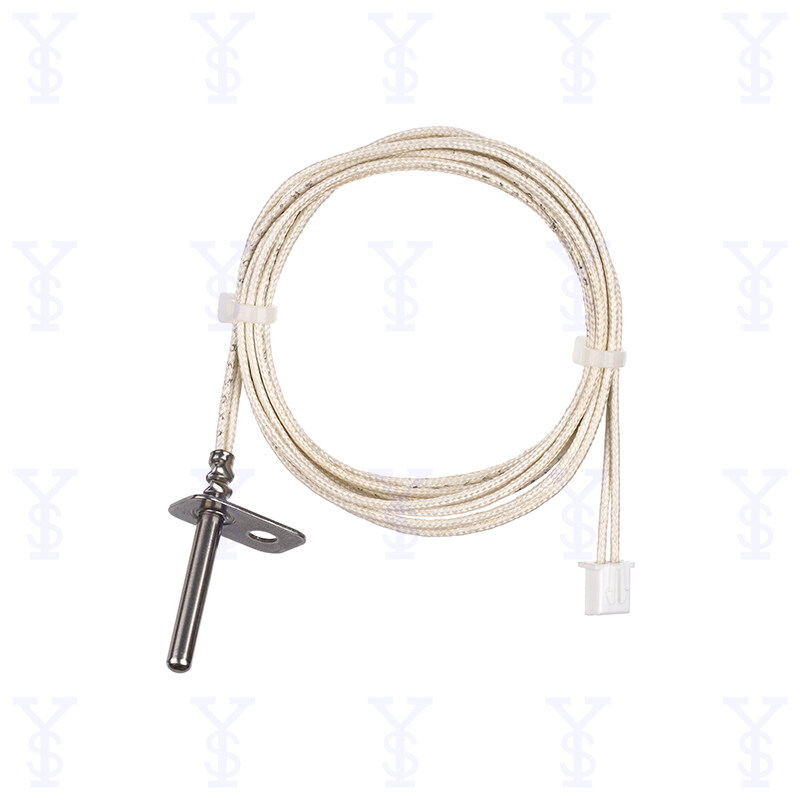Posta elektronikoaren formatuan errorea
emailCannotEmpty
emailDoesExist
pwdLetterLimtTip
inconsistentPwd
pwdLetterLimtTip
inconsistentPwd


The Essential Guide to Industrial Oven Temperature Controllers
In the world of manufacturing and food processing, precise temperature control is vital. The industrial oven temperature controller plays a crucial role in ensuring consistent and accurate heating. This blog delves into the importance, functionality, and advantages of using these controllers, offering insights into their application across various industries.
Understanding Industrial Oven Temperature Controllers
An industrial oven temperature controller is designed to regulate the temperature within an oven. This device ensures that the oven maintains the desired temperature for optimal performance. By employing advanced technology, these controllers provide real-time monitoring and adjustment, ensuring that processes run smoothly and efficiently.
Importance of Temperature Control in Industrial Ovens
1. Consistency in Production
Consistency is key in manufacturing. The controller ensures that every batch of product is cooked or cured to the same specifications. This uniformity is crucial for maintaining quality standards and meeting customer expectations.
2. Energy Efficiency
Modern temperature controllers are designed to optimize energy consumption. By accurately maintaining the set temperature, these devices prevent overheating and reduce energy wastage, leading to lower operational costs.
3. Enhanced Product Quality
In industries such as food processing and materials manufacturing, temperature control is critical for product quality. The temperature controller allows for precise control over cooking and curing times, resulting in superior products with enhanced flavors and textures.
How Industrial Oven Temperature Controllers Work
1. Components of a Temperature Controller
The controller typically comprises several key components, including:
● Sensors: These devices measure the current temperature inside the oven. They send data to the controller for processing.
● Control Unit: This unit processes the temperature data and adjusts the heating elements accordingly to maintain the desired temperature.
● User Interface: Operators can set temperature parameters and monitor performance through this interface.
2. Feedback Mechanism
The controllers employ a feedback loop to maintain temperature stability. When the sensor detects a temperature deviation from the set point, the control unit makes the necessary adjustments to heating elements, ensuring the temperature remains consistent.
Types of Industrial Oven Temperature Controllers
1. Analog vs. Digital Controllers
Analog controllers are simple devices that use mechanical components to regulate temperature. They are often less expensive but may lack precision. In contrast, digital controllers offer advanced features, including programmable settings and real-time monitoring, making them ideal for complex applications.
2. Programmable Controllers
Programmable temperature controllers allow users to set multiple temperature profiles for different processes. This flexibility is essential for operations that require varying temperatures throughout the production cycle.
3. Smart Controllers
With the advent of Industry 4.0, smart temperature controllers integrate IoT technology. These devices enable remote monitoring and control, providing operators with real-time data and alerts, thus enhancing operational efficiency.
Benefits of Using Industrial Oven Temperature Controllers
1. Improved Safety
Safety is paramount in industrial settings. The controller minimizes the risk of overheating and potential hazards. With accurate temperature regulation, operators can ensure safe working conditions and prevent accidents.
2. Reduced Downtime
By maintaining optimal temperature conditions, these controllers help minimize equipment wear and tear. This leads to reduced downtime for maintenance and repairs, ultimately enhancing productivity.
3. Compliance with Regulations
Many industries are subject to strict regulations regarding product safety and quality. The controller ensures that processes comply with these standards, protecting businesses from legal repercussions and enhancing their reputation.
Applications of Industrial Oven Temperature Controllers
1. Food Processing
In the food industry, the temperature controller is vital for cooking, baking, and drying processes. Accurate temperature regulation ensures that food products meet safety and quality standards, resulting in better flavors and textures.
2. Material Curing
In manufacturing sectors such as ceramics and plastics, temperature control is crucial for curing materials. The controller ensures that materials are heated to the correct temperatures for optimal strength and durability.
3. Pharmaceuticals
Pharmaceutical manufacturing requires precise temperature control to ensure the integrity of products. The controller helps maintain the necessary conditions for drying and sterilization processes, guaranteeing product efficacy.
Choosing the Right Industrial Oven Temperature Controller
1. Assessing Your Needs
When selecting the controller, it is essential to assess your specific requirements. Consider factors such as the type of oven, the materials being processed, and the desired temperature range.
2. Compatibility with Sensors
Ensure that the chosen industrial oven temperature controller is compatible with the appropriate sensors, such as an industrial oven thermocouple. This compatibility is vital for accurate temperature measurement and control.
3. Budget Considerations
While it may be tempting to choose the most advanced option available, it is important to balance features with budget constraints. Identify the essential functions required for your operations and select a controller that meets those needs without exceeding your budget.
Maintenance and Troubleshooting
1. Regular Calibration
To ensure accuracy, it is essential to calibrate your temperature controller regularly. This process involves comparing the controller’s readings with a known standard and adjusting as necessary.
2. Monitoring Performance
Operators should routinely monitor the performance of the industrial oven temperature controller. Look for signs of irregularities, such as fluctuating temperatures or error messages, and address these issues promptly to maintain optimal functioning.
3. Professional Support
In case of significant issues, consulting with professionals experienced in industrial temperature control systems can provide insights and solutions. Regular maintenance and expert advice can prolong the life of your temperature controller and enhance overall system reliability.
Conclusion: The Future of Industrial Oven Temperature Controllers
The importance of an industrial oven temperature controller cannot be overstated in today’s manufacturing landscape. As industries continue to evolve, so too will the technology behind these controllers. Embracing innovations in temperature control will enable businesses to enhance quality, improve safety, and boost efficiency. By understanding the functionalities and advantages of these controllers, organizations can position themselves for success in a competitive market.
In summary, the industrial oven temperature controller is a vital component in various industries, ensuring that processes run smoothly and products meet stringent quality standards. As technology advances, these controllers will continue to evolve, providing even greater precision and efficiency to meet the demands of modern production environments.

